What rare distinction does Professor Chen Zhu, newly elected as a Foreign Member of the Royal Society, share with Sigmund Freud and Winston Churchill? Keith Moore explains.
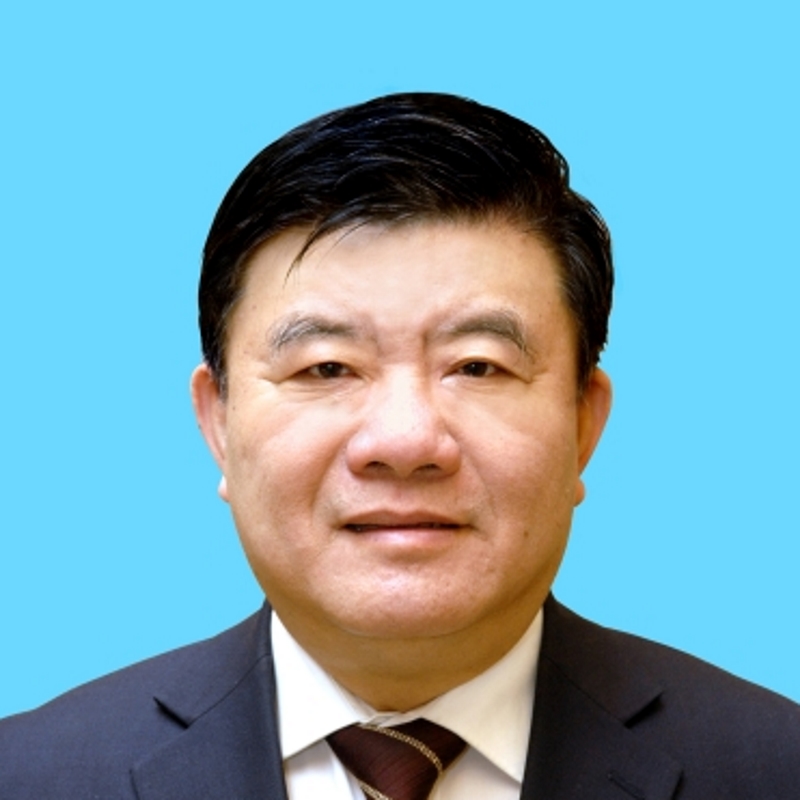
An extraordinarily rare event is happening in Beijing today for one new Foreign Member of the Royal Society. It is difficult enough to achieve the honour of being elected to the Fellowship, but when Professor Chen Zhu, China’s preeminent haematologist, is admitted to the Society by Sir Paul Nurse and signs a vellum page of the Society’s Charter Book, he will join one of the genuinely unique classes of Fellow.
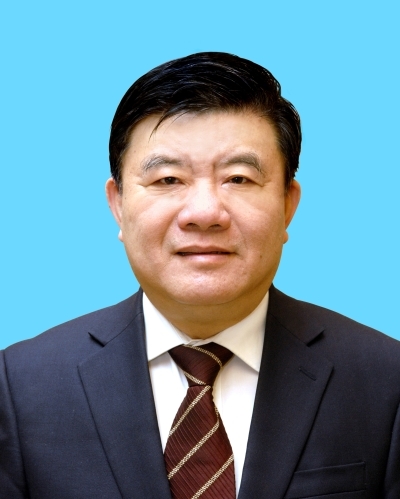
Chen Zhu ForMemRS
Most sign our Charter Book at an annual ceremony in London. Occasionally – very occasionally – leaves from the book are taken to particular scientists for signing, and that is what will happen at the Great Hall of the People this evening. To put this in perspective, each year up to ten new Foreign Members are elected by peer review, and there are only around 150 current Fellows of this type. But you really have to go far back, into the 1930s and 1940s, to find examples of eminent international figures to whom the Charter Book was taken.
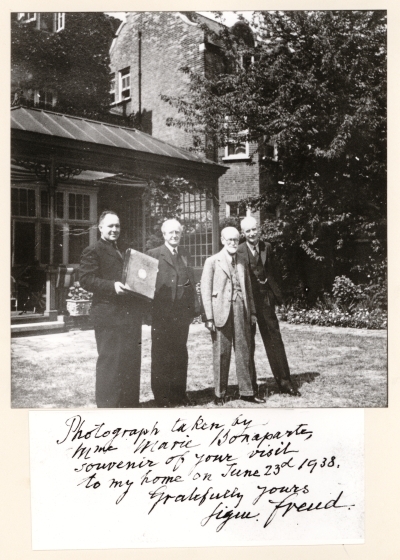
Photo showing (L-R) J D Griffith Davies (Royal Society Assistant Secretary), Sir Albert Seward, Sigmund Freud and A V Hill at Freud’s home in Hampstead, after Freud’s admission to the Royal Society in 1938 (RS IM/001085)
One of the most well-known was the Austrian psychoanalyst Sigmund Freud (1856-1939), who moved to Hampstead to escape Nazi persecution in 1938. The Royal Society’s then-President Sir William Bragg helped Freud to leave Austria, and later had the Charter Book taken to his home, so that the very fragile, but very proud scientist could add his signature to the list of Fellows.
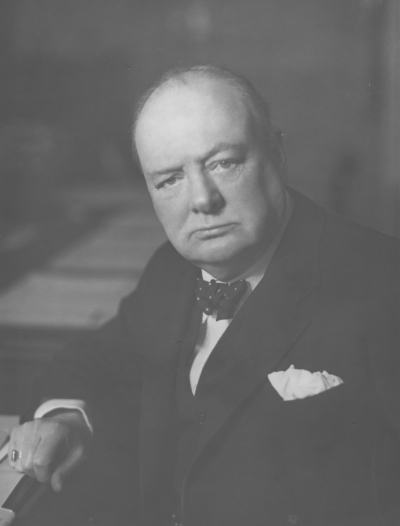
Winston Churchill, photographed by Walter Stoneman (RS IM/GA/WS/19245 © Godfrey Argent Studios)
On 12 June 1941, the Charter Book was taken to the Cabinet Office of 10 Downing Street so that Winston Churchill (1874-1965), Britain’s wartime (and therefore somewhat busy) Prime Minster, could sign it. Churchill was no stranger to historical documents. On the same day, at St James’s Palace in London, Churchill had made a speech during which a truly remarkable gathering of the founding charters of ten European nation states, now exiled from their occupied homelands, were laid upon tables before the Allied delegates. Even the Royal Society’s founding document might have paled a little after such a gathering, but for Churchill there was a personal significance to his necessarily informal election ceremony. His ancestor and namesake Sir Winston Churchill (1620-1668) had also signed the book in 1664, and because this Churchill was the father of that brilliant military campaigner John Churchill, 1st Duke of Marlborough (1650-1722), the signing must have had real resonance for the Prime Minister.
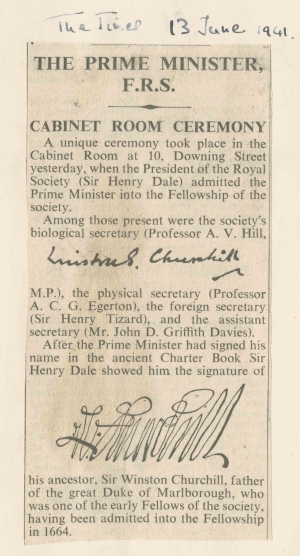
Press cutting from The Times, 13 June 1941
In addition to Churchill’s election (as a Statute 12 Fellow), the year 1941 saw Foreign Member elections, including that of the great Indian nuclear physicist Homi Jehanghir Bhabha (1909-1966). He was followed, in the 1943 elections, by fellow-countryman and research chemist Shanti Swarupa Bhatnagar (1894-1955), but travelling to sign the Charter Book must have been near-impossible in wartime. The book itself was simply too precious to risk in an era of submarine warfare. The Society therefore arranged an extraordinary general meeting in Delhi and took a single leaf of the book for the two scientists to sign.
It is this historic page of the Charter Book upon which Professor Chen Zhu will be asked to add his signature today, for later binding into the main book. Since its creation in the 1660s, the Royal Society’s signature volume has become a record of the organisation’s long and proud tradition of fostering international scientific co-operation and friendship between scientists. Another chapter, in China, is about to begin.

